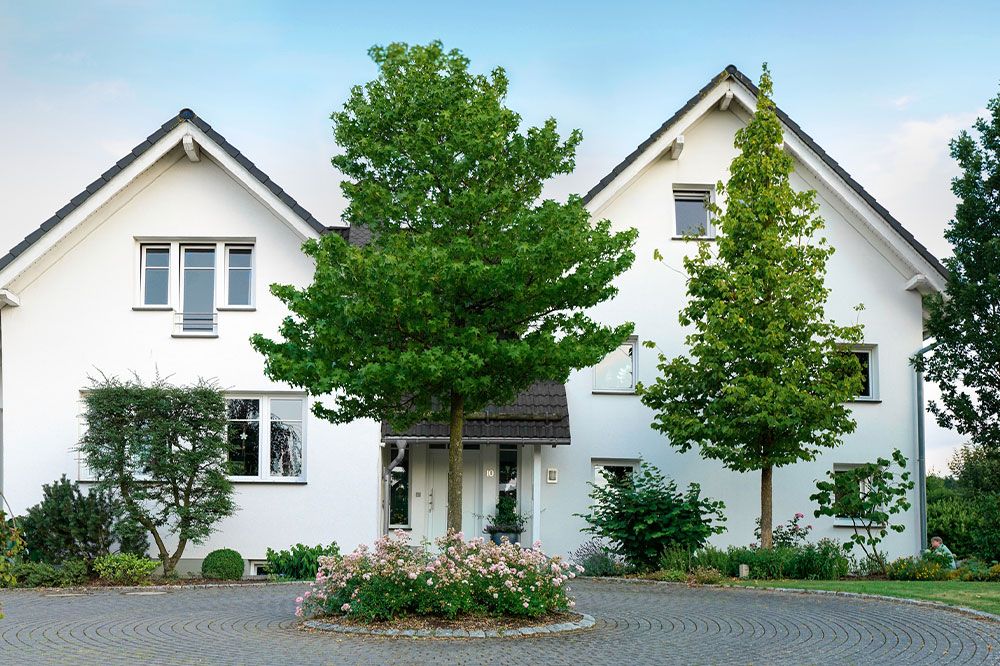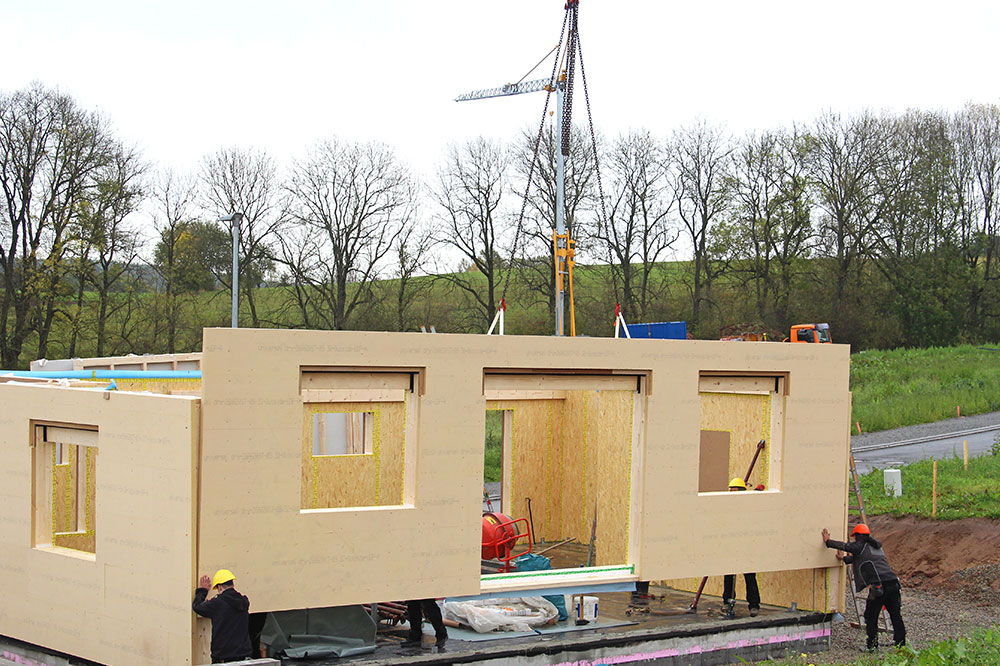Calculating Construction Costs – Factors to Consider and Tips
Evaluating construction costs is nothing but taking into account the resources required to finish a building project. The cost comprises the contractor’s fee and the price of materials, labor, equipment leasing, and transportation. After finishing the plan or design, estimating the construction cost is the natural next step. Many use applications or software to speed up the calculation. Regardless of the method, contractors must be ready with an estimate to initiate the construction.

Factors to consider
Many variables determine commercial construction costs. The price per square foot may vary significantly depending on the area, materials, and labor used. The overall cost will depend on the types of buildings and finish as well. Here are the key factors to consider:
Economic aspects: Factors like interest rates and inflation can influence the cost of a building. Higher interest rates and inflation rates can increase the price of materials and labor, increasing the required funds for a project.
Project size: The scope and size of a project determine its cost. Large buildings might call for more supplies and manpower, which could raise the cost. Larger projects could also take longer to finish, which can also increase the cost.
Materials : A large portion of a project’s construction costs is determined by the materials the designer wants. For instance, custom designs using rare materials can also increase the cost per square foot.
Labor: The construction cost per square foot will be much greater in locations where labor unions are popular than in areas where they are not. Laborers here will expect to be paid well and tend to wait for jobs with contractors who would pay them more.
Legal factors: Rules governing building norms and permits may impact the price of construction. Meeting regulatory requirements can occasionally call for more resources or manpower, which might increase expenses.
How much does building a house cost?
The average home construction cost in the country is expected to be around $330,000. However, this might vary from as little as $100,000 for a modest, basic home in a rural region to over $1,000,000 for a large, high-end home in a popular urban area. Today, the median cost of constructing a new single-family home in the country is roughly $446,000. These numbers only indicate the current average construction costs and the real cost of building a home will depend on project-specific variables. Before starting a new project, it is always a good idea to seek quotations from multiple reliable contractors and do your own research.
Tips for estimating construction costs
When calculating the expenses of building a new home, several of the above-mentioned factors must be considered. Further, the following tips can help you get a clear estimate:
Account for seasonal factors: The timing of your development may affect the price of the building. Costs are often higher during low unemployment and economic growth periods because hiring costs for subcontractors will be higher. Although you may be able to secure enough labor for the winter, you must also consider the cost of heating the area while your vendors and contractors are on site.
Consider additional costs: You should leave room for the following additional expenses when considering the construction cost:
- Site preparation : Costs will be higher if you need to clear many trees, haul a lot of dirt, or remove big boulders.
- Permit fees: Permits are required for projects involving sewage, electricity, and occupancy due to local building requirements, zoning regulations, and other regulations. The permits can add to the cost of the whole project.
Choose a reputable builder: The builder should have some expertise in the kind of structure (in terms of the preferred size, style, quality, and features) you are planning to build. To ensure great execution, timeliness, and budget for your project, you should find a suitable builder.
Consider pre-designed options to save money: Many choices have already been made for a pre-designed home or one that may be under construction. This saves you the time and effort of making such decisions. However, you can still choose from a variety of less or more expensive items from the builder’s selection.
Prevent cost overruns: The most important thing to remember when estimating the cost of constructing a new home is to avoid making elaborate changes to the project. You can actively attempt to prevent this outcome by keeping in mind that the final cost of a home is frequently more than the initial bid price due to circumstances encountered along the process. A “change order” accounts for all the changes in the plan, but the contract may not cover them when initially estimating the cost. If you are working with a reputable builder, they should be able to quantify the charges for such changes so you can make the right decision.
To avoid future hassles and surprises, it is important to estimate construction costs when starting a project. Additionally, you must understand all project requirements and account for expenses to deal with unforeseen circumstances to get precise estimates.




